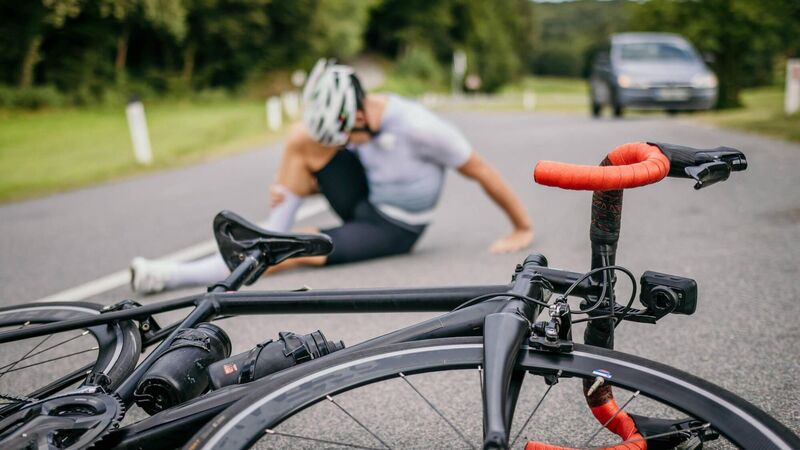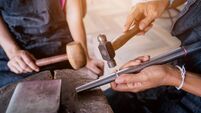The Secret Cyclist: The RSA and the Gardaí don't have the resources to keep us safe

Pic: iStock
It will not come as a shock to anyone to learn that someone who writes a cycling column enjoys cycling.
I cycle as much as I can; to work, to the shops, and for enjoyment.







